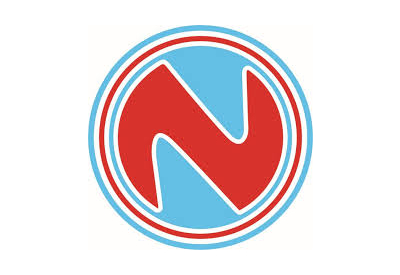Indigenous-Led Solar Energy Project Wins Prize Funding to Implement a Community Clean Energy Project in NWT

Jan 25, 2021
Indigenous communities, governments, organizations and business, particularly in northern and isolated regions that are at the forefront of climate change impacts, are best placed to take action toward a clean energy future.
As part of a government initiative, Grant Sullivan, one of 14 Indigenous Off-Diesel Initiative (IODI) Energy Champions and current President of Nihtat Energy Ltd., will receive $800,000 in prize funding to begin implementing a community clean energy project.
Nihtat Energy Ltd. (NEL) is an Indigenous-owned and -operated business and the first to be awarded a prize under the IODI. NEL will use the prize to pursue a series of staged developments in the Beaufort Delta region in 2021 and 2022. These include implementation and training for a solar project at the Inuvik Satellite Station Facility (ISSF) site near Inuvikin 2021 and planning for a one-MW grid-connected solar farm in Inuvik to commence in 2021 and be completed in 2022.
Inuvik currently consumes the most diesel for heat and power in the Northwest Territories (NWT). Renewable energy projects in the NWT help communities realize many positive benefits — including creating a new revenue stream, enhancing local training and employment, and supporting energy security — which are aligned with the current priorities of both the Government of Canada and the Government of the Northwest Territories. With support from the Northwest Territories Power Corporation, this project is a great example of collaboration between Indigenous communities, utilities and governments.
The IODI is a $20-million Impact Canada Initiative aimed at generating new opportunities by reducing diesel reliance in remote Indigenous communities. The initiative was designed based on 18 months of engagement with rights holders, Indigenous organizations and stakeholders. The IODI is delivered in collaboration with the Indigenous Clean Energy Social Enterprise and the Pembina Institute. By working together with these partners, the IODI not only supports the development of clean energy projects but also bolsters Indigenous leadership in Canada’s cleaner future.
An external all-Indigenous jury selected the communities to receive funding and join the IODI. Each community receives hands-on support and up to $1.3 million in funding to develop an ambitious clean energy plan and break ground on their first clean energy projects. The projects may include renewable energy technologies, encourage energy efficiency, build community skills and develop economic opportunities in the community. Additional project funding of up to $9 million in total is available for communities participating in IODI through Natural Resources Canada’s Clean Energy for Rural and Remote Communities (CERRC) program, and Energy Champions may also seek partnerships with additional funders in the coming years.









![Guide to the Canadian Electrical Code, Part 1[i], 26th Edition– A Road Map: Section 56](https://electricalindustry.ca/wp-content/uploads/2022/11/Guide-CE-Code-2.png)






